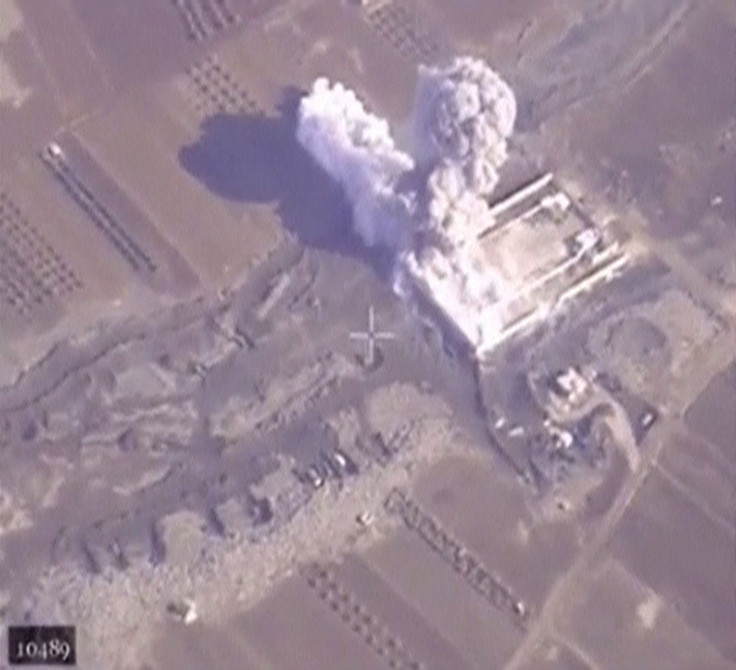Russia's Fight Against ISIS: Moscow Won't Stop Targeting Islamic State Group In Syria After Ceasefire

Russia will not stop airstrikes against the Islamic State group, also known as ISIS, in Syria even after a ceasefire is announced, a senior Russian diplomat said Thursday, according to the Associated Press (AP). The United States, Russia and Middle East nations are pushing for a political settlement in Syria that would bring the opposition and the Syrian government together for talks aimed at ending conflict in the war-torn country.
Russia's Deputy Foreign Minister Mikhail Bogdanov said, in an interview with Interfax news agency, that the ceasefire is "meant to happen between parties of the Syrian domestic conflict" but that "this doesn't mean an end to war on IS and other terrorist groups."
Russia began airstrikes in September this year, saying it was acting at the request of Syrian President Bashar Assad, targeting ISIS and other groups it designates as terrorists. Russia has said its air force has hit terrorist targets identified by Syrian opposition forces, but Western states striking ISIS forces have said Russia has mostly targeted other rebel groups.
Russia intensified its airstrikes against ISIS strongholds in Syria after the Sunni militant group claimed responsibility for downing Russia’s Metrojet flight 9268 over Egypt, killing all 224 people on board.
Meanwhile, on Wednesday, Amnesty International released a report claiming that Russian airstrikes have killed at least 200 civilians in the two months to the end of November.
Bogdanov dismissed the Amnesty report that termed Russia’s military actions in Syria “war crimes.” Bogdanov reportedly said that the report contains "fake information" and "trite clichés.”
The Amnesty report alleged that there was evidence that Russia's military "unlawfully used unguided bombs in densely populated areas and inherently indiscriminate cluster munitions.”
© Copyright IBTimes 2025. All rights reserved.





















